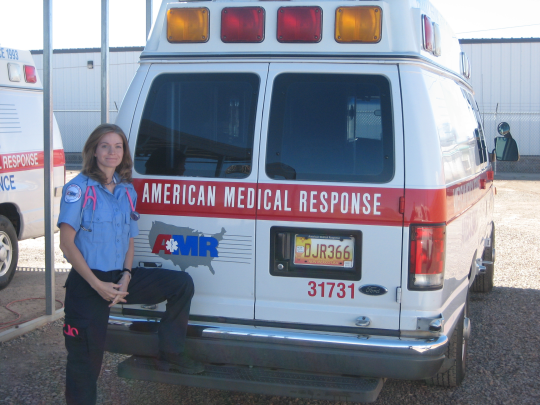
My plan B is a whole other story, but as I’ve been contemplating that my future may look very different than I imagined, it has made me ponder what, if anything, I am leaving behind on my path through my A plan. I believe every person has the same deep-rooted need to know that they matter and will be remembered in their absence. Maybe most of us never pause to consider until we are faced with it, but I surely have found myself wondering what kind of legacy it is that I am leaving in my wake. If I take off my badge and bury my toes in the sand next to the ocean, will the patients I cared for remember me? And if they do, will it be in a good way, or should I have done things differently? After almost half my lifetime doing this gig, what do I turn to my partner and say on the day that I take my stethoscope from around my neck and pull off my polish-worn boots for the final time?
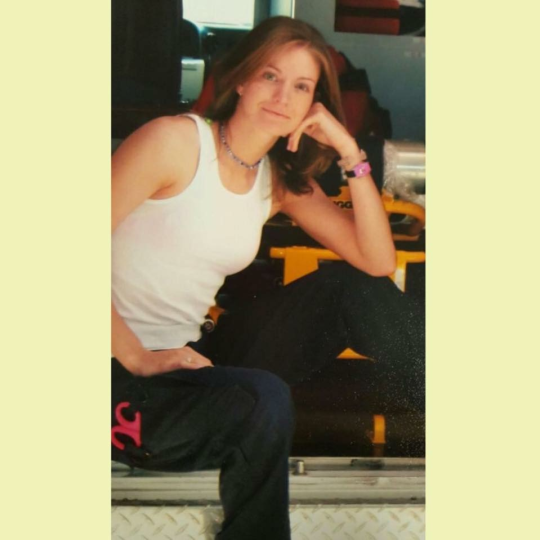
Admittedly, there is a long list of do’s and don’ts and tips and tricks for a paramedic to pass on to her successors. After all, there is a substantial history of education and experience, and trial and error that surely could give the incoming an edge by surpassing all of the “been there, done that’s.” After so much time of sifting through all of those valuable pearls of wisdom though, it was impressed upon me that anyone can work hard enough and study long enough to become a paramedic. Rather, it was my patients that taught me what I needed to know most about caring for another human being. So, standing at the vestiges of a life-changing career, the last time to turn to my partner, I would say this…
Never give up learning, changing, practicing, updating your skills so that you can provide the best patient care possible. More importantly however, never lose sight of the souls which reside in the people for whom you are caring. You can have the best technique, the greatest training, and the most up-to-date equipment, but if you are lacking in giving your utmost attention to the delicate soul which makes everything else in that body go ‘round, then you have failed. Though you may argue that some of them are not delicate souls, I assure you that every single one of the people you are called for have a soft and vulnerable inner being that is craving compassion, validation, and love. Yes, even the pungent, homeless drunk, and the gruff, arrogant abusive man, and the lonely, obnoxious woman that you’ve run on every shift for as long as you can remember. Do not presume to know their stories. Do not come to your own conclusions about how they got the way they are, because the truth is, they have endured whatever life-length of soul-battering their years have brought them long before you even met. They are still somebody’s daddy, sister, friend, baby girl, regardless of the appearance of the hard shell you see in front of you. Their tender inner voice is still begging to be valued, and to be understood.
The greatest achievements in my career as a paramedic did not come from a high test score, a record-setting scene time, or kudos from successful resuscitations. My most valuable triumph was from the tears that flowed when I stopped to embrace a woman standing alone in the chaos, moments after becoming a widow. It was from the giggles that erupted from beneath a blood-stained blanket because I was willing to make a complete fool of myself to distract a little boy who was having the most terrifying day of his life. It was from the marriage proposal I received from the homeless man whose stench was enough that my partner at the time had begged to drive so that he didn’t have to sit back there with him. It was in the transport that I got ridiculously behind on paperwork because I set it aside for a woman whose husband had died previously at the same hospital she was now headed for, and she simply needed someone to talk with her and speak truth and peace to her paralyzing fears. It was in the frail weight of the woman’s hand I held as we transported her to hospice for her final hours. It was in the grateful faces of the parents we stopped by to check on even though it meant re-living the moments in which I couldn’t do anything to save their toddler, the conversation with the defiant little boy who desperately needed someone to see past his attention-grabbing behavior and just hear him out, and the dancing that happened with a topless drunk woman who just wasn’t going to get on the stretcher until someone had humored her. I got through some of my toughest patients by always having the mindset that I should be caring for people in the same way I would want my own parent, grandparent, sibling, spouse, child, or other family member to be treated. It made a world of difference.
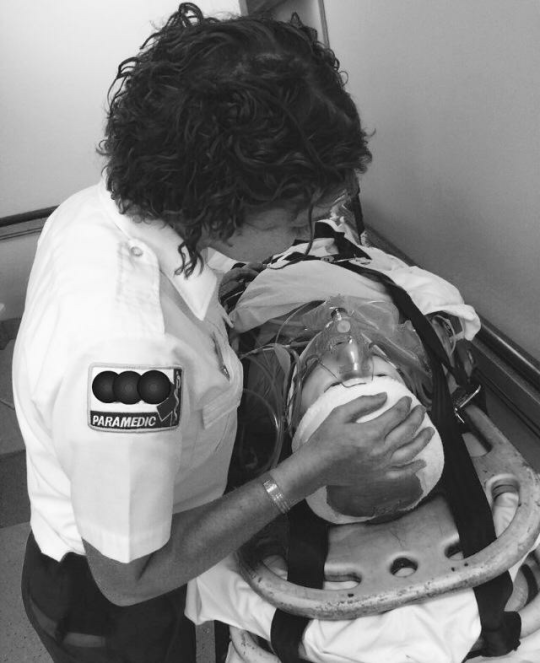
One of the most poignant things I learned was when I was still an EMT, working with a seasoned and soft-spoken paramedic partner. We were on a psych call where law enforcement had already been on scene for quite some time arguing with a combative man and trying to talk some sense into him. He had called for police because for whatever reason, this man believed that his garage was full of people who didn’t like him, and who intended to harm him. He refused to leave his house with all those people there, because he didn’t trust what they would do, and he was very agitated that the officers kept telling him no one was there. The police were visibly irritated by the time we arrived and had the man explain his predicament one more time. We peered into the garage, which was as we anticipated, empty. My partner spoke to the man for a few minutes while I did a few medical checks on him, and the man explained that he would be willing to go to the hospital for an evaluation, but not until the people in his garage were gone. *Cue eyeroll from our poor, exasperated law enforcement friends, * and then my partner did the most ridiculous thing. He walked out into the garage and started yelling at all the “people.” He told them they weren’t welcome there and needed to leave. After a moment, my partner turned back to our patient and asked if the people were gone. He said some had left, but several others were still there. So, we joined forces, my partner and I, and we yelled and shooed and stamped our feet in circles all over that empty garage until a look of relief washed over our guy’s face and he announced they had all gone running. We helped him lock his house up tight, and he then proceeded to very calmly and cooperatively climb aboard the ambulance with us to go to the hospital. I’m not sure the officers on scene said anything else to us, but I do remember their faces; the wide-eyed, bewildered, astonished, half smirk, half “what in the world just happened” looks that grew smaller in our rearview mirrors. That may have been the most pivotal day of my career in revealing to me how little about patient care is actually medicine, and how much of it is about caring for the human condition. Not everyone needs a bone splinted or a medicine given or a dramatic life-saving intervention, but what they all need is to be treated like they have value, every single one of them. The frequent flier you’re tired of seeing, the alcoholic who spits on you and calls you names, the suicidal patient you want to blow the shenanigans whistle on. They are all human souls with hurts and insecurities and fears and needs, just like you and me, and if you as a first responder can learn to care for the unseen just as well as the body, then that might be the most life-saving skill in your kit. Period.
Never lose sight of the privilege that it is for us to be invited into peoples’ lives, homes, communities at their most vulnerable moments. Never forget that taking the time to know their name makes them feel like less of a job and more of a friend. Never be too proud to humble yourself and chase away invisible people if that is what is going to make your patient better. Never forget that we all share the same emotions, and the people you are caring for need your kindness and compassion just the same as you need it from others. And most importantly, never grow so callous that you forget how to be soft.
“May I never see in the patient anything but a fellow creature in pain.”
~Oath of Maimonides
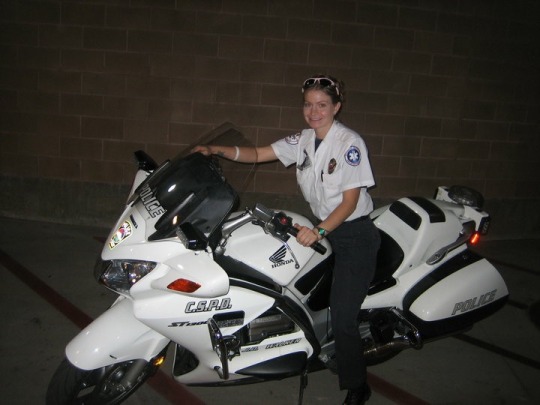
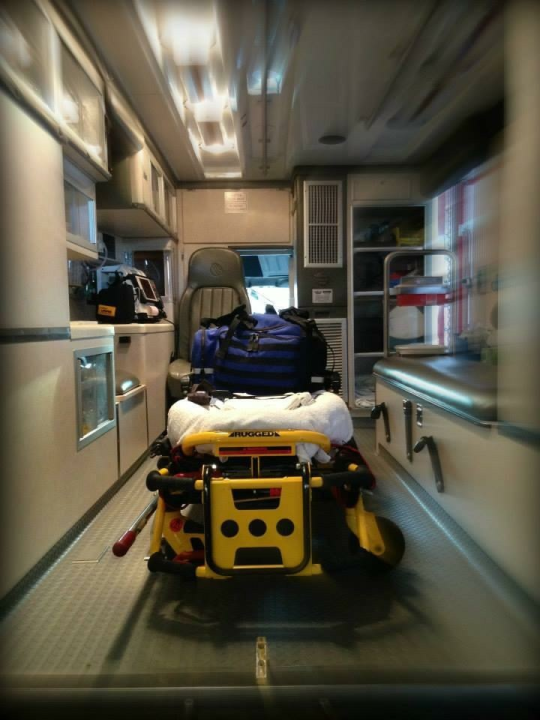
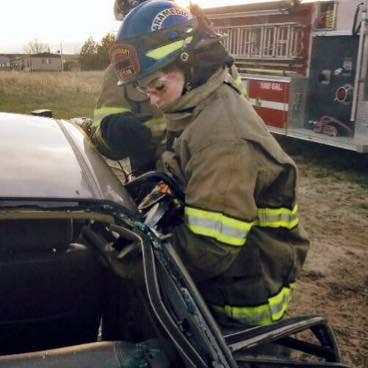
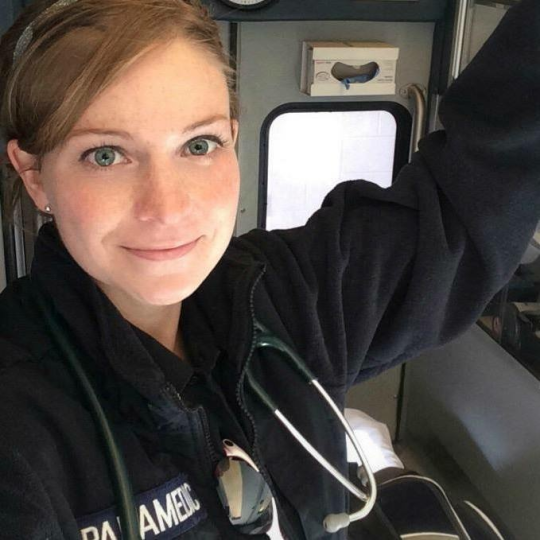
Now go, run, learn, excel, amaze, transform the world all with the fuel of 2 hours sleep, a cup of cheap gas station coffee, and an adrenaline rush like a rip tide. And don’t forget to be human.
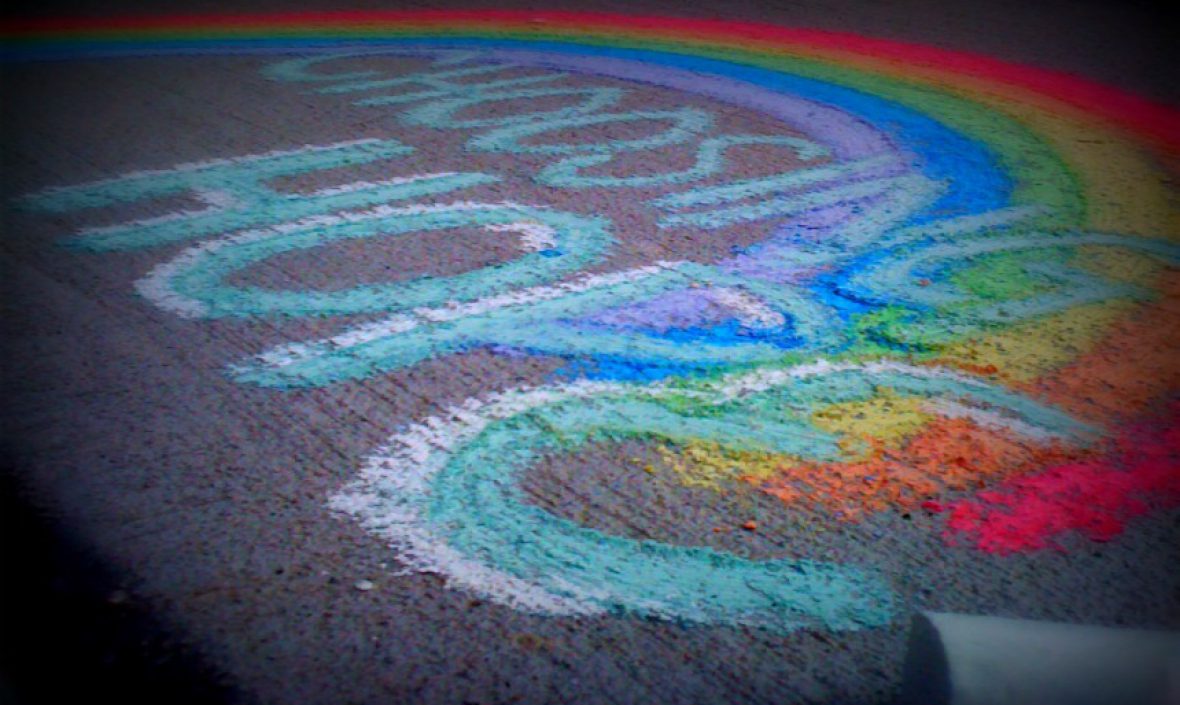
Nice post. Some very good points here for others to be aware of and put into practice. Thanks for sharing
LikeLike